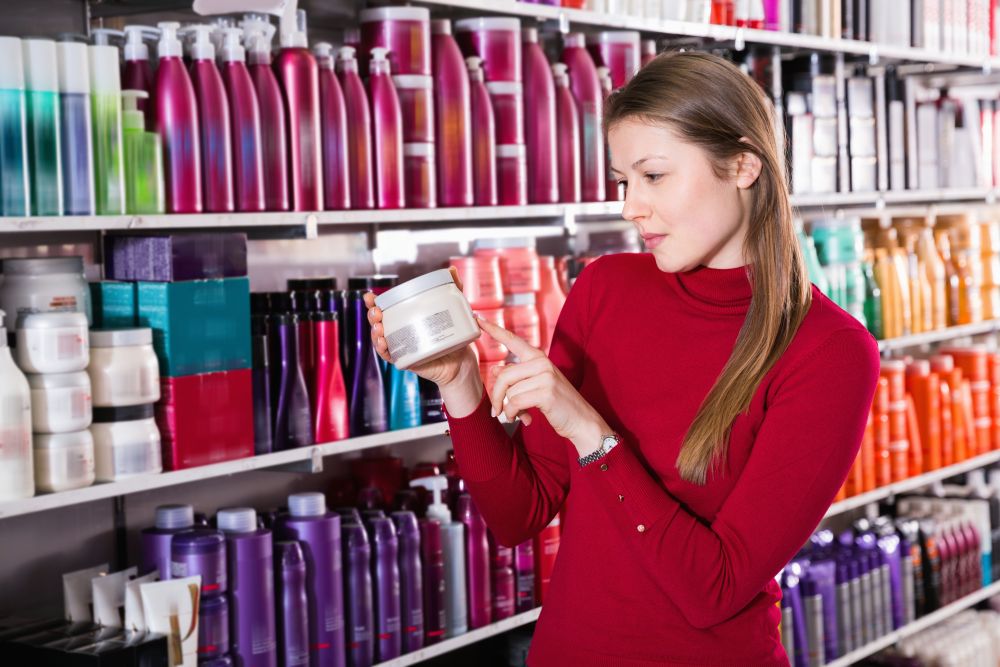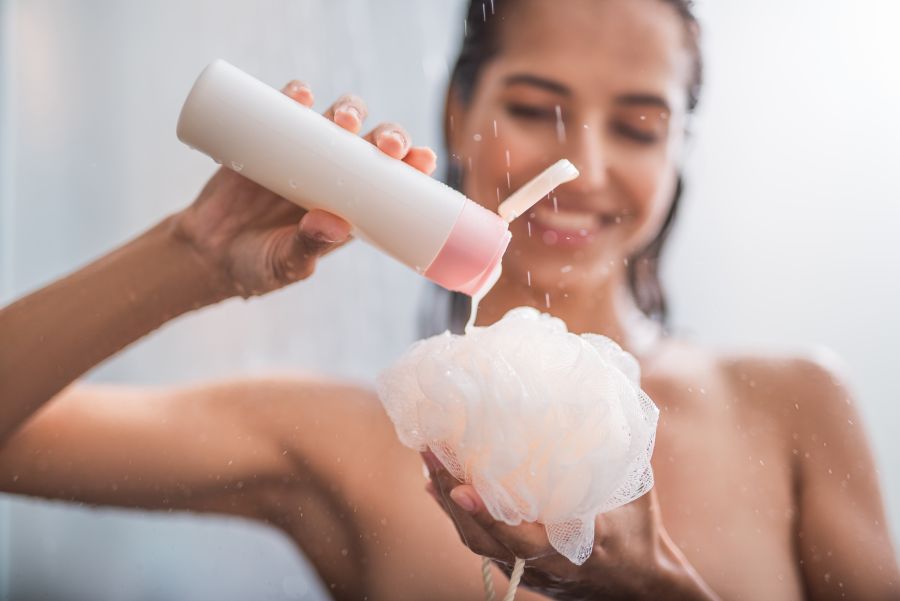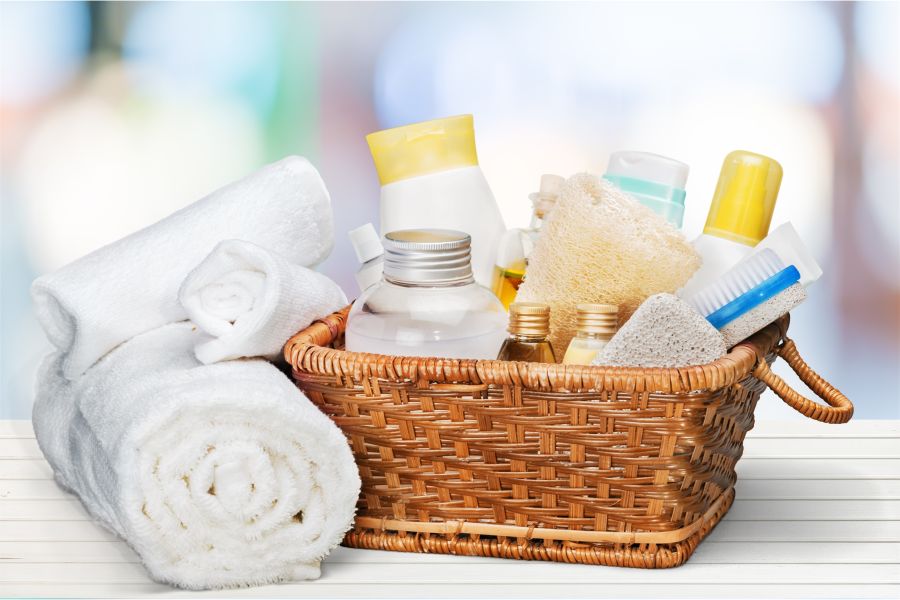The use of personal care products contributes to good hygiene. Maintaining good self-care habits is impossible without them. The average person already understands the importance of personal care products in an age where beauty standards are an integral part of everyone’s lifestyle.
Due to recent innovations and marketing strategies, consumers are becoming more picky when it comes to choosing the products they buy for personal care. Today, more people are looking for products that offer multiple benefits.

For this reason, more businesses and manufacturers are continuously improving and introducing new products to stay competitive in the market. While this is good for the personal care industry, it makes it challenging for consumers to decide which are the ones that are right for them, which ultimately results in decision fatigue.
If you’re already having a hard time choosing personal care products whenever you shop for yourself or your family, below are tips you can take note of.
Table of Contents
1. Take Into Account Personal Needs

Knowing your skin type, hair type, and unique needs can help you steer away from products that can be harmful to your health and appearance.
For example, if you live in a humid area and have textured hair, avoid hair products that can leave your hair dry. These products often contain harsh chemicals that can strip your hair of its natural protective oil. Instead, pick a shampoo that will moisturize and keep your mane fresh and smooth.
Moreover, if you have dry skin, choose products that contain hyaluronic acid and other water-based ingredients to replenish your skin’s moisture. Note that having dry skin and making it drier than it is can make you suffer from itchiness, sensitivity, and breakouts. If you don’t choose the appropriate skin product for you, you may make your skin condition worsen.
Likewise, if it’s usually hot, make sure to choose skincare goods that have added sun protection to combat harmful UV rays from the sun, which accelerate premature aging.
Remember, your condition and circumstances are unique to you. You can’t simply purchase the products your friends mentioned in passing or the media are heavily advertising. Always be mindful of what your body needs for you to have an idea of the type of hygiene essentials to buy and skip. It effectively eliminates the guesswork and trouble of having to try every product, which may result in unnecessary expenses and potential adverse effects.
2. Consult a Specialist
Another tip to help you select the right personal care essentials is to reach out to an expert. While you might tend to depend on your research, it would be helpful to speak to the experts to repair skin concerns you’re noticing recently, especially if you’re in your 40’s.
If you’re already working with a dermatologist, they can give you product recommendations and provide you beneficial insights on how to use them properly. They can also address your questions such as why a few of your go-to products have stopped working or started to irritate you.
On the other hand, if you have dental issues, consult your dentist or any oral specialists. They can help you find the right dental care product for you. You should leave that decision to them.
3. Be Wary Of The Ingredients

Keep in mind that most personal care products and cosmetics aren’t regulated by the Food And Drug Administration (FDA). Always be skeptical and don’t trust a product just because it contains a trending buzzword on its label.
Brands might only place fancy terms and claims to allure unsuspecting consumers into buying from them. For example, companies may add labels such as organic or pure to their care products even if only a handful of the ingredients are natural or unadulterated.
Remember that you’ll mostly use these products regularly. Because of that, it would be practical to identify ingredients that are good for you in the long term.
Fortunately, you don’t need to be a chemist or a skincare guru to know the ingredients that are bad for your body and health. You just simply need to keep in mind the common and alternative names of ingredients that can cause you skin and health problems.
For instance, you need to watch out for fragrance, essential oils, alcohol-based substances, phthalates, added colors, ammonium lauryl sulfate, and even natural substances that can irritate your skin, trigger allergic reactions, and aggravate existing conditions.
The Bottom Line
The beauty and personal care industry is hugely unregulated. While it’s true that some policies are in place to protect consumers, they’re too lenient. Hence, you must be wary when shopping for products. By following the tips above, you can have an idea of how to choose the products that will meet your unique needs and personal concerns.